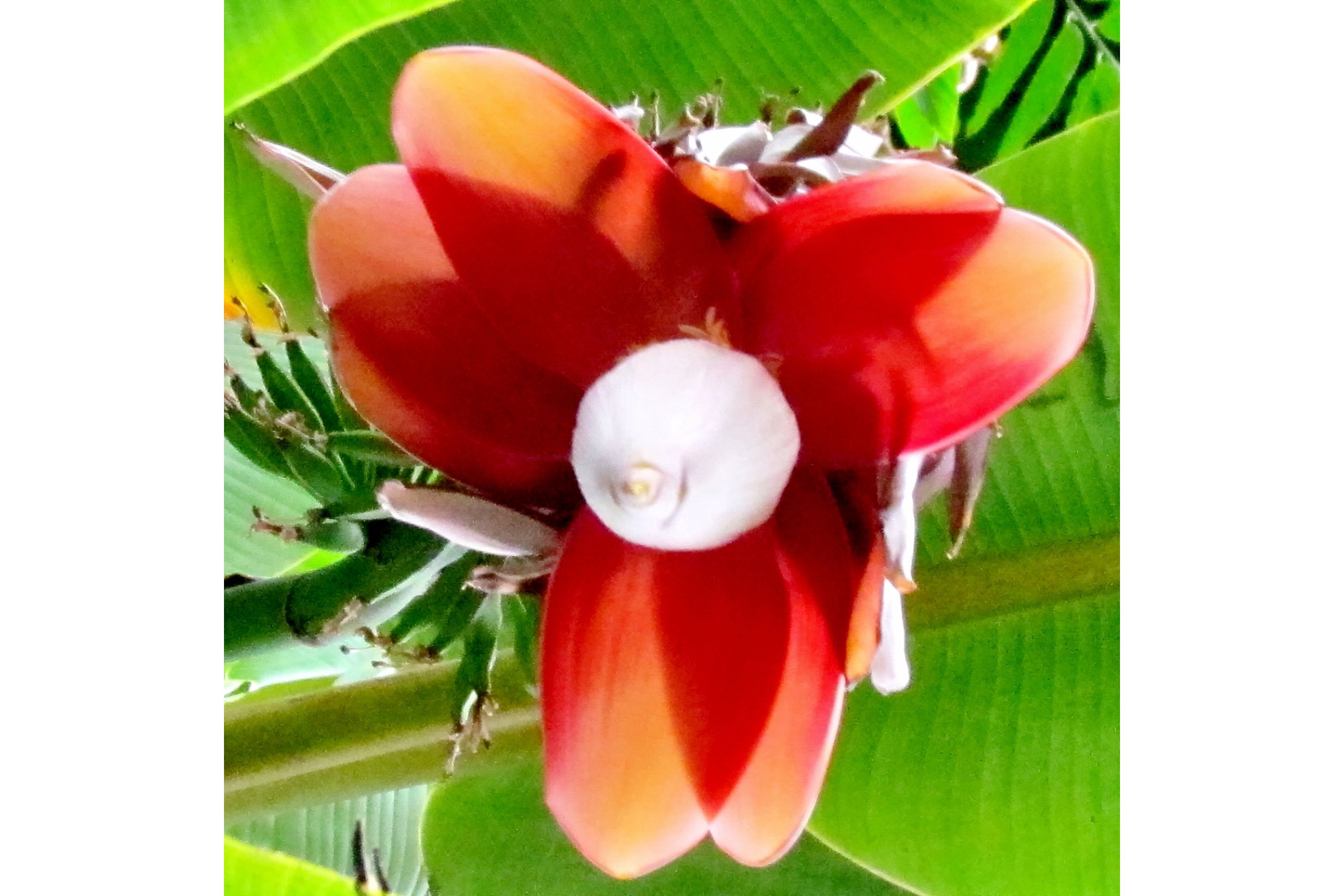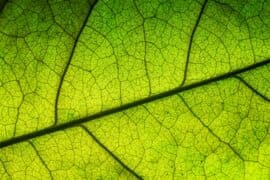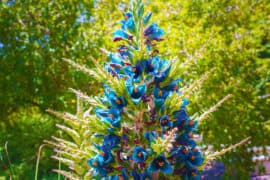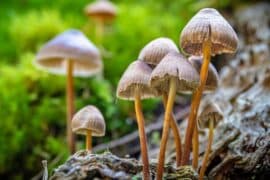Manila hemp
(Musa textilis)

Description
Abacá, binomial name Musa textilis, is a species of banana native to the Philippines, grown as a commercial crop in the Philippines, Ecuador, and Costa Rica. The plant, also known as Manila hemp, has great economic importance, being harvested for its fiber, also called Manila hemp, extracted from the leaf-stems. Abacá is also the traditional source of lustrous fiber hand-loomed into various indigenous textiles in the Philippines like t'nalak, as well as colonial-era sheer luxury fabrics known as nipís. They are also the source of fibers for sinamáy, a loosely woven stiff material used for textiles as well as in traditional Philippine millinery. The plant grows to 13–22 feet (4.0–6.7 m), and averages about 12 feet (3.7 m). The fiber was originally used for making twines and ropes; now most is pulped and used in a variety of specialized paper products including tea bags, filter paper and banknotes. It is classified as a hard fiber, along with coir, henequin and sisal. The abacá plant is stoloniferous, meaning that the plant produces runners or shoots along the ground that then root at each segment. Cutting and transplanting rooted runners is the primary technique for creating new plants, since seed growth is substantially slower. Abacá has a "false trunk" or pseudostem about 6–15 inches (15–38 cm) in diameter. The leaf stalks (petioles) are expanded at the base to form sheaths that are tightly wrapped together to form the pseudostem. There are from 12 to 25 leaves, dark green on the top and pale green on the underside, sometimes with large brown patches. They are oblong in shape with a deltoid base. They grow in succession. The petioles grow to at least 1 foot (30 cm) in length. When the plant is mature, the flower stalk grows up inside the pseudostem. The male flower has five petals, each about 1.5 inches (3.8 cm) long. The leaf sheaths contain the valuable fiber. After harvesting, the coarse fibers range in length from 6–12 feet (180–370 cm) long. They are composed primarily of cellulose, lignin, and pectin. The fruit, which is inedible and is rarely seen as harvesting occurs before the plant fruits, grows to about 2–3 inches (5.1–7.6 cm) in length and 1 inch (2.5 cm) in diameter. It has black turbinate seeds that are 0.167 inches (0.42 cm) in diameter.
Taxonomic tree:







